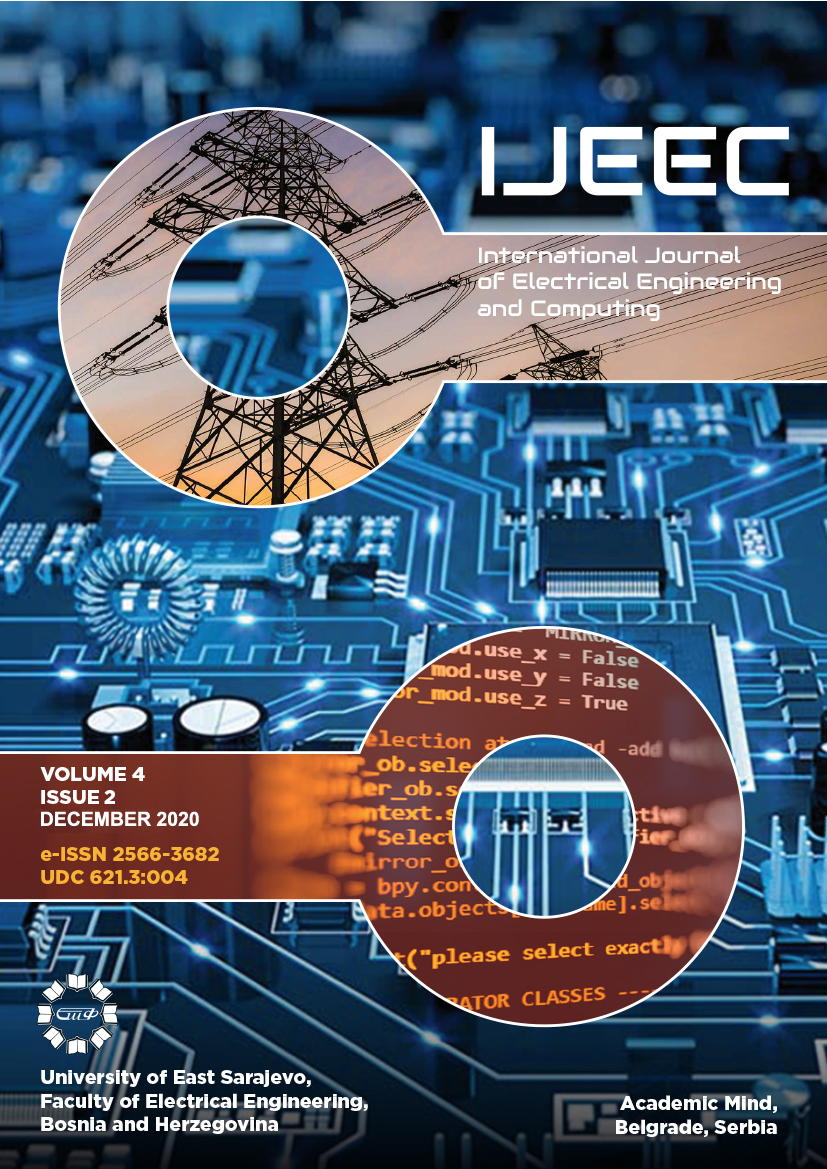Adaptive Genetic Algorithm for Hydro-thermal Unit Commitment Considering the Security Constraints
DOI:
https://doi.org/10.7251/IJEEC2002061PAbstract
This paper proposes a new approach with two efficient metaheuristic algorithms, in combination with quadratic programming, to solve the nonlinear optimization problem Unit Commitment in a complex hydro-thermal power system i.e. Hydrothermal Unit Commitment (HTUC). The main goal is to minimize the total costs (which are a very non-linear and non-convex problem), while satisfying the many hydro-thermal constraints. Such constraints, together with the nonlinear non-convex and mixed-integer objective function, make the search space extremely complex. To solve such a complicated system, the paper proposes a hybridization of a developed binary-coded genetic algorithm (in which quadratic programming is integrated), with a particle swarm optimization (PSO) algorithm. PSO is applied to the final economic load dispatch (ELD), based on the optimal binary combination obtained from the genetic algorithm. A new approach has been proposed through the application of a repair mechanism, which is based on a priority list, in order to maintain the diversity of the population and prevent premature convergence. The entire algorithm was developed and tested in MATLAB and then applied to the IEEE 30 BUS test system. The experimental results show better performance of the proposed algorithm compared to the recently published algorithms, in terms of convergence, constraint handling, as well as better solution quality.

